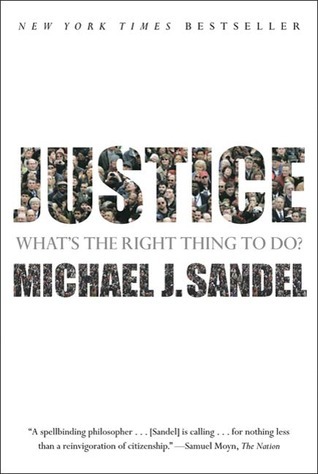Suppose that by permitting certain inequalities, such as higher pay for doctors than for bus drivers, we could improve the situation of those who have the least—by increasing access to health care for the poor. Allowing for this possibility, we would adopt what Rawls calls “the difference principle”: only those social and economic inequalities are permitted that work to the benefit of the least advantaged members of society.
Welcome back. Just a moment while we sign you in to your Goodreads account.


